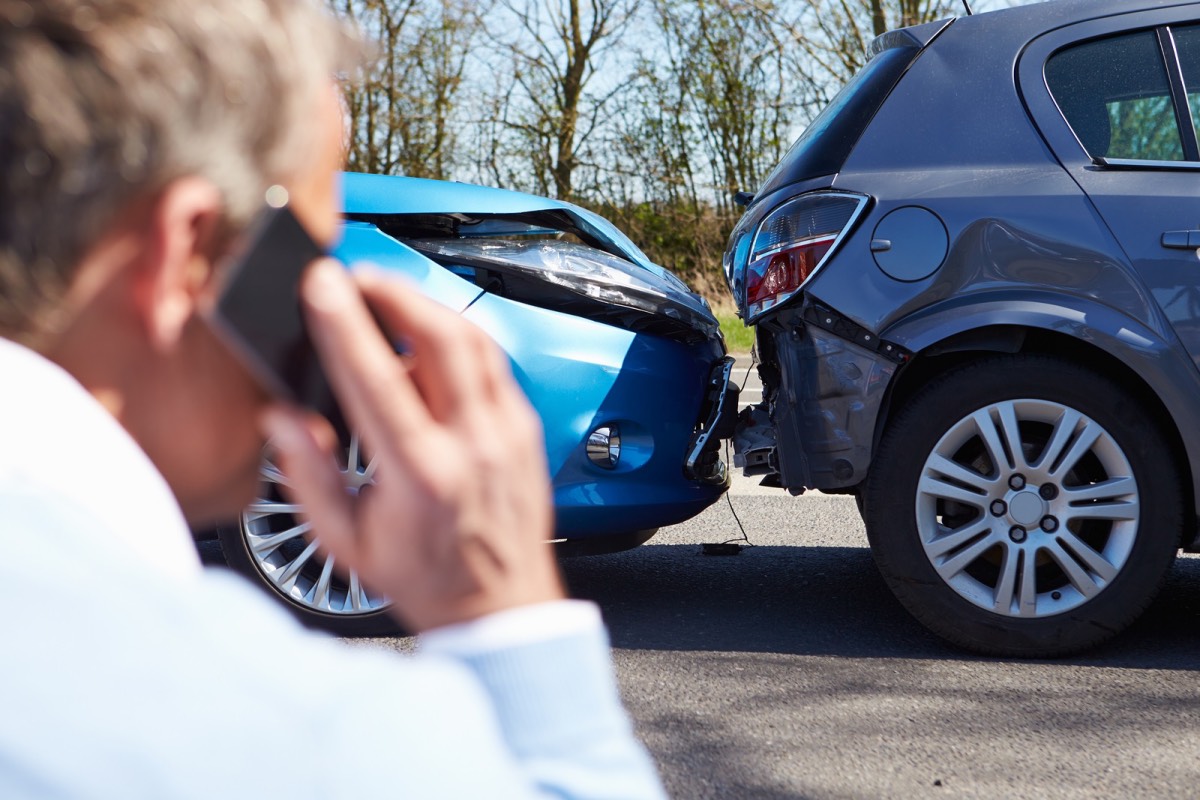[dropcap]I[/dropcap]t is the start of the new decade, and it’s about time to kick expensive car insurance rates to the curb. If you’re looking to save money and get the best coverage, you’ve come to the right place. In this article, we’ll go over ten tips that can help you find the best policy for you.
1. Buy a Cheap Car to Insure
If you’re planning to buy a new car, chances are you’re already looking into the specific costs, such as fuel efficiency and maintenance. Keep in mind that another high cost is insurance. If you want to save money on your car insurance, it’s probably best not to buy that fiery red sports car that you’ve got your eye on, trust us.
According to NerdWallet, the cheapest cars to insure are a Subaru Outback, a Jeep Wrangler, and a Honda CRV. These cars are safe and efficient if you want to save on your monthly bills.
2. Check for Available Discounts
Many insurers offer a variety of discounts to their customers. Ask about them. You could find yourself securing lower insurance rates if you bundle your auto coverage with your homeowner’s policy. They may also offer promotions for those who insure multiple cars with one plan.
Your insurer may also even offer discounts for being a safe driver or a student. If your car has certain safety features, it could also work out in your favor.
3. Keep up a Good Credit Score
The car insurance quotes that you receive will undoubtedly reflect the state of your credit score. Having poor credit will increase your rates. Pay your bills on time, use some resources to help you improve your credit, and take measures to reduce your debt.
4. Don’t Put All of Your Eggs in One Basket
When many people buy car insurance, they tend to be convinced by the commercials that tell them that a particular company offers the lowest car insurance rates. The truth is, no single insurer offers the lowest price for everyone; considering quotes always vary.
The only way to be sure that you’re getting the lowest rate possible is to compare prices from different companies.
5. Look Out for Local and Regional Insurers
As you may know, there are a few companies that pretty much dominate the nation’s auto insurance industry. However, smaller local or regional companies often have much higher customer satisfaction ratings than more prominent names.
According to BrokerLink Insurance, a friendly local insurance agent can help you find the best rates. While you shouldn’t always just choose the local option, it’s important to consider them when you’re comparing prices.
6. Skip Comprehensive & Collision for Your Beater
Collision coverage will pay to repair any damage to your vehicle that’s caused by another car or fence. Comprehensive coverage, though, pays to repair auto damage from weather, animal-related crashes, floods, vandalism, and fires. It also will cover car theft.
It’s essential to be aware that the value of the car determines the maximum payout for either policy in the case that it’s totaled or stolen. If you have a vehicle that is older and isn’t worth much money, it doesn’t make any sense to shell out cash for this type of coverage.
7. Raise Your Deductible
If you do buy comprehensive and collision, you’ll save money by opting in for a higher deductible.
8. Consider Usage-Based or Pay-Per-Mile
If you live in a city or you use public transportation often, there’s no point in paying the same auto insurance rates as someone who drives to work every day. Consider a usage-based insurance policy. These programs will track your driving in exchange for some serious discounts.
9. Research and Compare Annually
Auto insurance rates can vary annually. That being said, it’s best to check your rates each year and compare them to others. It’s simple to do, and examining your rates won’t hurt your credit score.
10. Drive Safely
It may seem obvious, but you’ll be surprised how much money you can save by avoiding traffic tickets and fender benders. Now you can reduce your premiums by allowing your insurance carrier to monitor your daily driving habits.
These programs, such as Snapshot and SmartRide, work through a device that’s placed in your car, which monitors habits such as idle time, speed, hard-stops, and time of day you’re typically on the road. They can help drivers save a lot of money, but they’re not recommended for anyone who has a lead-foot.
The Verdict
Car insurance can be an expensive nuisance, but unfortunately, it’s a necessary evil. Finding a suitable plan for you and your family doesn’t have to bleed your wallet dry. Remember these ten tips when you’re looking to reduce your auto insurance premium.







